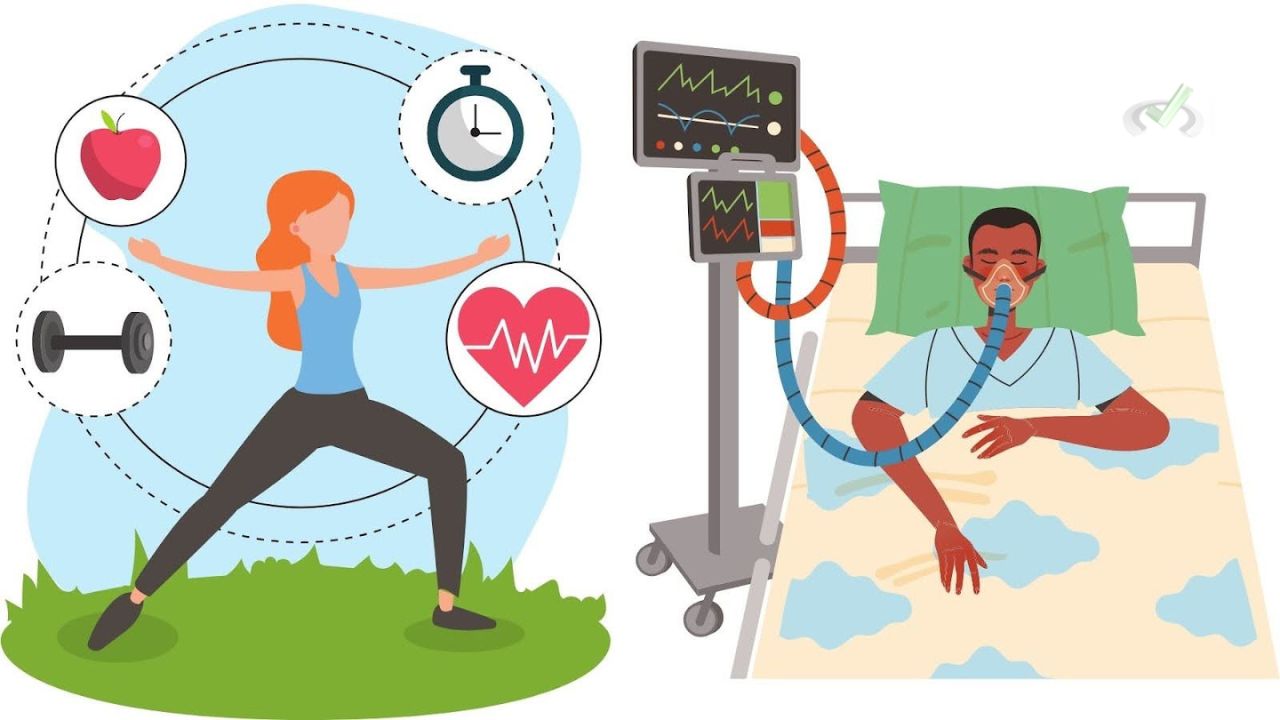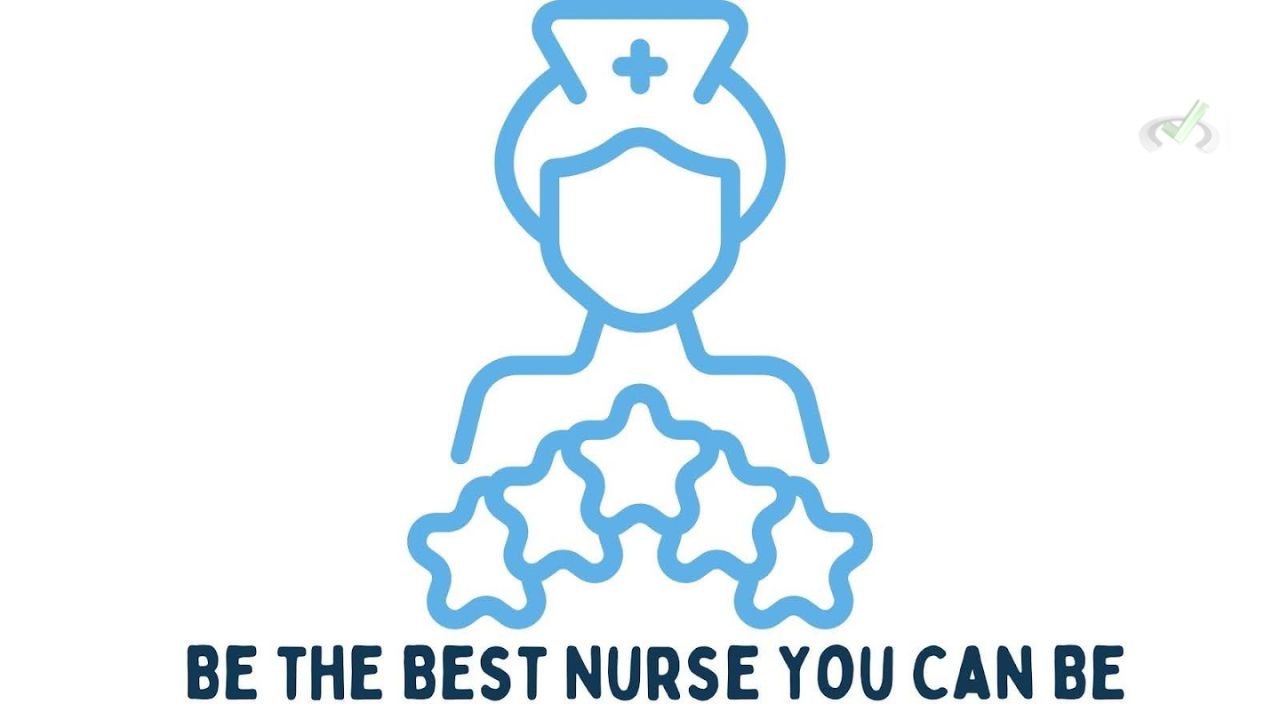
Here’s a fact that might hit close to home: the NCLEX exam isn’t a light undertaking. It checks not only what you know but how you can use it when it counts. And that’s where having a smart study plan comes in. This 8 week NCLEX study calendar is your guide, offering a structured path that covers everything you need, week by week.
Think of this as your step-by-step approach. Each week, you’ll tackle different areas, from core topics like anatomy and adult health to complex cases and test-taking skills. When you finish, you’ll feel fully prepared to tackle the NCLEX with confidence and control.
Building Your NCLEX Foundation in Week 1
Week 1 begins at the start. Reviewing the fundamentals of anatomy physiology and the human body's basic systems is the main focus this week. To understand how the organ systems interact you must have a thorough understanding of each one. The foundational knowledge that helps make sense of everything else is what this is not busywork.
What’s Covered This Week:
Study Goals for Week 1: Build a clear “blueprint” of the body in your mind. You don’t have to memorize every detail, but aim to understand how each system functions and how they connect. This helps when the NCLEX throws questions that require both knowledge and clinical reasoning.
Tips for Success:
Week 2: Learning the Fundamentals of Critical Care and Adult Health

You can now concentrate on adult health as we move into Week 2. These are the bread-and-butter concepts every nurse needs to know—practical skills that apply to caring for adults in a range of situations. It’s a big part of NCLEX, and if you master this week’s material, you’ll already be covering a major exam focus.
What’s Covered This Week:
Daily Breakdown: Divide your research into digestible chunks. While another day might delve into heart disease and hypertension another might concentrate on respiratory conditions like asthma and COPD. Taking it one at a time makes the workload seem more doable.
Study Tips:
Week 3: Pediatrics and Maternal Health
Week 3 is up next. This week's topics are maternal health and pediatrics, two separate fields that call for different strategies. This section covers topics related to child development, common pediatric illnesses and maternal health including prenatal care and labor.
Although this subject may appear somewhat specialized it is worth the time because these subjects frequently appear on the NCLEX.
Core Topics This Week:
Practical Tips:
Week 4: Mental Health and Psychiatric Nursing
Nursing for mental health and psychiatry demands a distinct set of abilities. It's more important to comprehend behavior, moods and mental health than physical symptoms. Week 4 covers what you need to know about this critical area.
Psychiatric Concepts to Cover:
Study Techniques for This Week:
Week 5: A Comprehensive Study of Pharmacology

The word pharmacology itself can cause anxiety in nursing students. There is much to discuss and it is crucial to understand the functions of various medications as well as their side effects and dosages. Week 5 takes you into this area with a manageable approach. This week is crucial, as NCLEX heavily tests pharmacology knowledge.
Focus Areas for Pharmacology:
Daily Focus Topics: Divide your study time by focusing on a specific drug group each day. Start with pain management drugs, then cardiovascular meds, and so on. This structure helps you dig deeper without overwhelming yourself.
Effective Memorization Tools:
Week 6: Complex Health and Lab Values
Now, you’re ready to dive into complex health problems and lab values. These often appear in NCLEX questions, especially when they want to test how you think through complicated cases. This week, you’ll study conditions like sepsis, heart failure, and diabetes, plus all the must-know lab values.
Complex Health Problems to Cover:
Lab Values Mastery: Lab values play a huge role on the NCLEX, so this week you’ll focus on learning normal ranges and what it means when a value goes outside that range. Knowing these well can make or break your ability to answer NCLEX questions accurately.
How to Study This Week:
Week 7: Infection Control and Test Strategies
You’re almost there. Week 7 focuses on infection control—a huge part of nursing that’s all about keeping patients safe—and test-taking strategies to prepare you for the NCLEX format. You’ve put in a lot of work, and now it’s time to focus on the skills that will help you manage the actual test.
Core Topics in Infection Control:
Testing Skills to Hone: NCLEX questions can be wordy and complex, so this week you’ll practice spotting keywords and clues. Prioritization questions, which ask you to decide which patient needs care first, are common on the NCLEX and worth mastering.
Self-Test Routine:
Week 8: Final Review and NCLEX Practice Tests
Here’s the final stretch. Week 8 centers on reviewing everything you’ve studied, focusing on practice exams, and polishing up those last details. This is the week to feel solid about all the material, test your knowledge under exam conditions, and prepare mentally for test day.
Comprehensive Review:
Mock Exam Days:
Conclusion: Be the Best Nurse You Can Be

Following this 8 week NCLEX study calendar provides the structure, motivation, and focus you need to prepare effectively. You’ve covered every area the NCLEX is likely to test, from core nursing skills to handling complex cases and building strong test-taking habits. Now, it’s time to trust your knowledge and tackle the NCLEX with confidence.
This journey may feel like a challenge, but remember—you’re doing this to be the best nurse you can be, ready to handle real-life situations with calm and skill. With this study plan in place, you’ve prepared yourself to make a positive difference.
